Students pursuing a Master of Science in Medical Sciences (MSMS) with a Tiber Health University partner already know how beneficial artificial intelligence (AI) can be – they see it every time they log into their analytics dashboard to get a prediction of their USMLE Step 1 result.
However, AI is also reshaping the medical landscape. Pre-med students should understand both its potential to revolutionize medical diagnosis and treatment, as well as its legal, ethical, and practical risks to patients. This article walks through some of the major issues you’ll need to be aware of as you prepare to become a physician in an AI-enhanced world.
The Benefits of AI in Medicine
Enhanced Diagnostics
Significant evidence shows that machine learning-powered algorithms, a form of AI, can analyze medical imaging, pathology slides, and genetic data with remarkable accuracy, sometimes even surpassing human experts. A 2024 review of evidence by researchers in Australia concluded that “AI is revolutionizing diagnostic imaging by improving accuracy, efficiency, and personalized healthcare delivery.”
Personalized Treatment Plans
AI can be used to analyze vast amounts of medical data to help tailor pharmaceutical treatment plans. Evidence from UK and Canadian researchers suggests that it can suggest optimal drug choices and dosages, improving patient outcomes and reducing adverse effects.
Increased Efficiency for Administrative Tasks
Note-taking, insurance paperwork, and other administrative tasks eat into physicians’ time with patients. A 2023 report from McKinsey details how AI-powered systems are reducing this burden through real-time recording of patient visits, analysis of insurance data, and other activities, freeing up physicians to spend more time with patients.
The Risks and Challenges of AI in Medicine
Bias in AI Algorithms
Health disparities are a major problem facing medical practice,. There’s concern that AI systems could make this problem worse, at least in the near term. AI systems are only as good as the data they are trained on, and biases present in that data will be reflected in the outputs. “AI can entrench existing disparities if not carefully managed,” notes a 2024 Harvard Medical School article on bias in AI.
Loss of Human Touch
Over-reliance on AI may reduce the doctor-patient relationship, which is critical for holistic care. Patients may feel less valued if AI replaces human interaction in medical decision-making. In fact, in 2023, the Pew Research Center reported that 60% of survey respondents said they would be uncomfortable if their provider relied on AI to make decisions about treatment.
Legal, Ethical, and Privacy Concerns
Who is responsible if an AI-driven diagnosis or treatment plan leads to harm? The legal landscape is still evolving, and physicians will need to understand liability and ethical considerations surrounding AI use. Plus, patient data processed by AI systems could be at risk of theft, leakage, or unauthorized use – as a 2021 article in BMC Medical Ethics notes, most AI technologies are owned and controlled by private entities outside the healthcare system.
How You Can Prepare for an AI-Enhanced Medical World
AI is poised to revolutionize medicine, but its integration must be handled thoughtfully. For pre-med students, understanding AI’s capabilities, limitations, and ethical concerns will be essential in shaping the future of patient-centered, technology-driven healthcare.
You can start educating yourself on ethical, informed use of AI tools now. Follow AI developments in healthcare by reading journals, attending conferences, or taking courses in medical AI. Ensure that you continue to develop your critical thinking, clinical judgement skills, and capacity for empathy – AI can supplement these, but it will never replace them.



